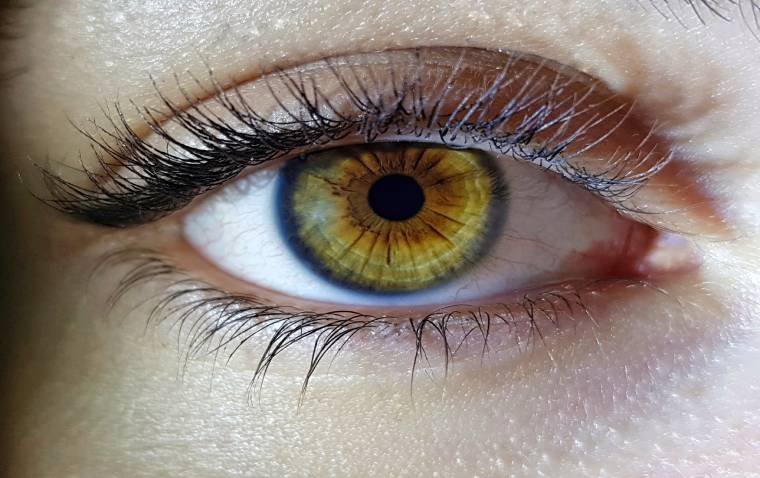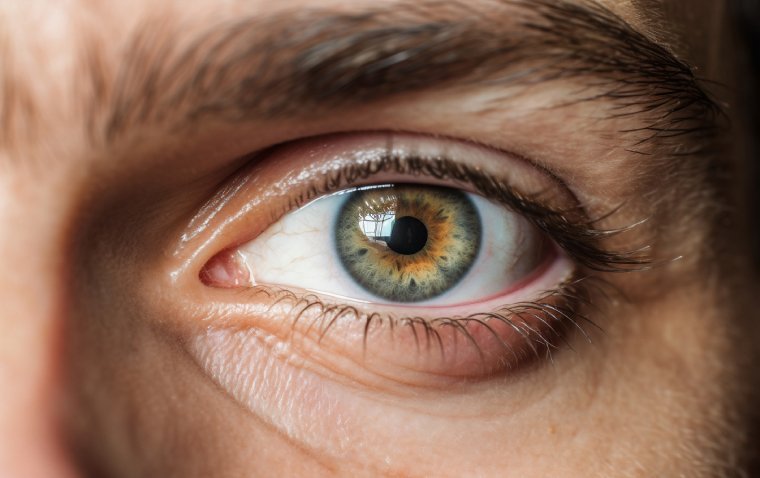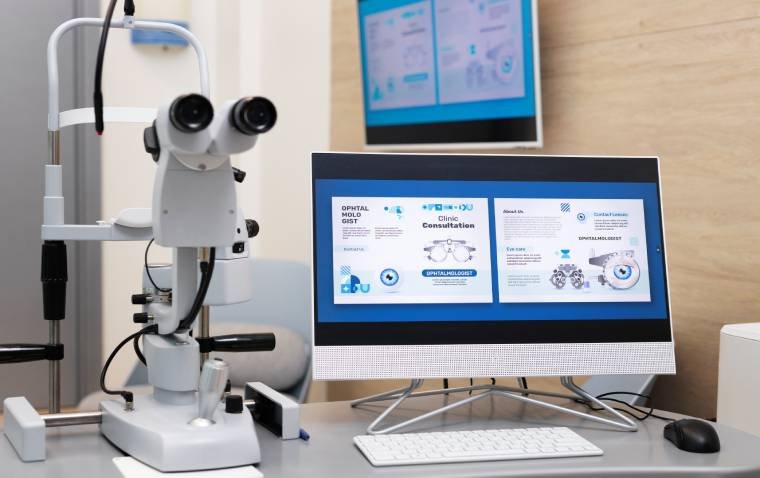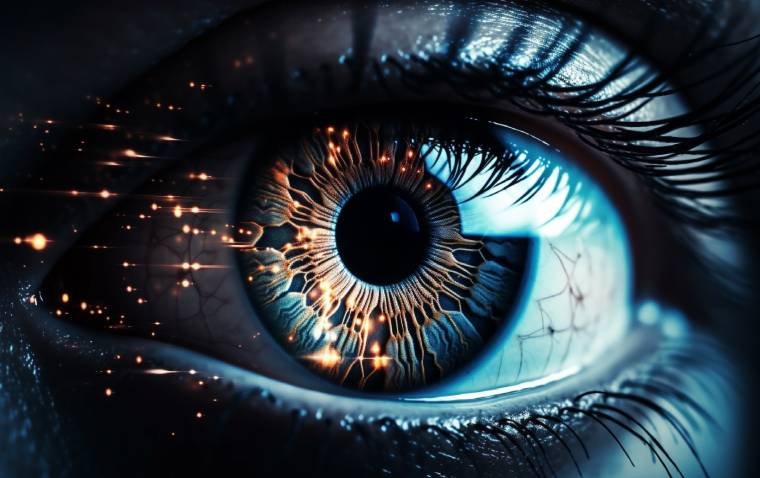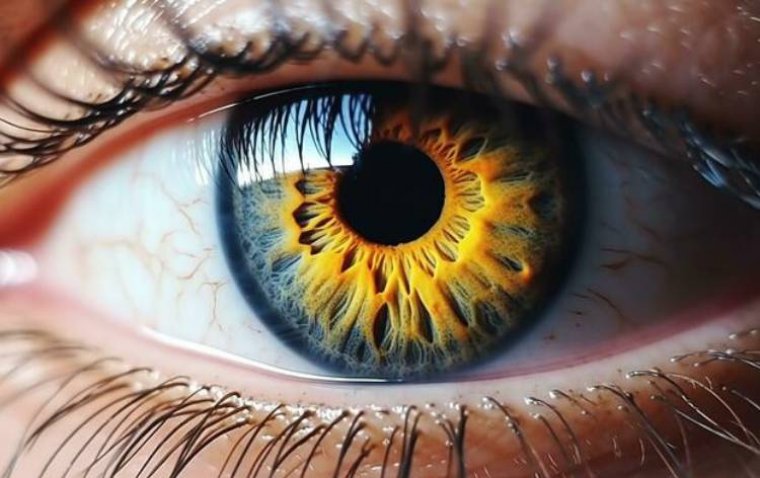
Study Finds Wide Variance in Visual Speed Among Humans
In a recent study conducted by researchers at Trinity College Dublin, it has been discovered that individuals vary significantly in their ability to perceive visual signals, essentially meaning some people can see the world at a higher "frame rate" than others. This finding sheds new light on human visual perception and suggests an innate advantage for some in activities requiring quick responses, such as competitive sports and gaming.
The Concept of "Temporal Resolution"
The research, carried out by the Department of Zoology, the School of Natural Sciences, and the Trinity College Institute of Neuroscience, introduces a fresh perspective on the concept of "temporal resolution" in humans, akin to the refresh rate on a computer screen. The team found substantial individual differences in temporal resolution, indicating that some individuals perceive more "images per second" than their counterparts.
Discovering the Critical Flicker Fusion Threshold
Utilizing the "critical flicker fusion threshold" test, which determines the highest frequency at which an individual can recognize a flickering light source as separate flashes, researchers discovered a wide range in participants' abilities. Some could only discern flickering at about 35 times per second, while others could perceive it at rates over 60 times per second.
Clinton Haarlem, Ph.D. Candidate and first author of the study published in PLOS ONE, remarked on the stability of these individual differences, "We also measured temporal resolution on multiple occasions in the same participants and found that even though there is significant variation among individuals, the trait appears to be quite stable over time 'within' individuals." The study did note, however, that there might be a slight variation over time in females compared to males.
Implications for Daily Life and Competitive Situations
The implications of these differences in everyday life and specific situations, such as sports or gaming, are profound. "This suggests that some people may have an advantage over others before they have even picked up a racquet and hit a tennis ball, or grabbed a controller and jumped into some fantasy world online," Haarlem added.
Andrew Jackson, Professor in Zoology, highlighted the interdisciplinary interest the study has sparked, "For me as a zoologist the consequences of variation in visual perception likely has profound implications for how predators and prey interact, with various arms-races existing for investment in brain processing power and clever strategies to exploit weaknesses in one's enemy."
Kevin Mitchell, Associate Professor in Developmental Neurobiology, emphasized the subjective nature of our perceptions, "Because we only have access to our own subjective experience, we might naively expect that everyone else perceives the world in the same way we do... Some people really do seem to see the world faster than others."
This research not only opens up new avenues for understanding the variability in human perception but also highlights how this variability could potentially be leveraged in fields ranging from sports to virtual reality technologies.
Reference
PLoS ONE (2024). DOI: 10.1371/journal.pone.0298007
(1).jpg)

